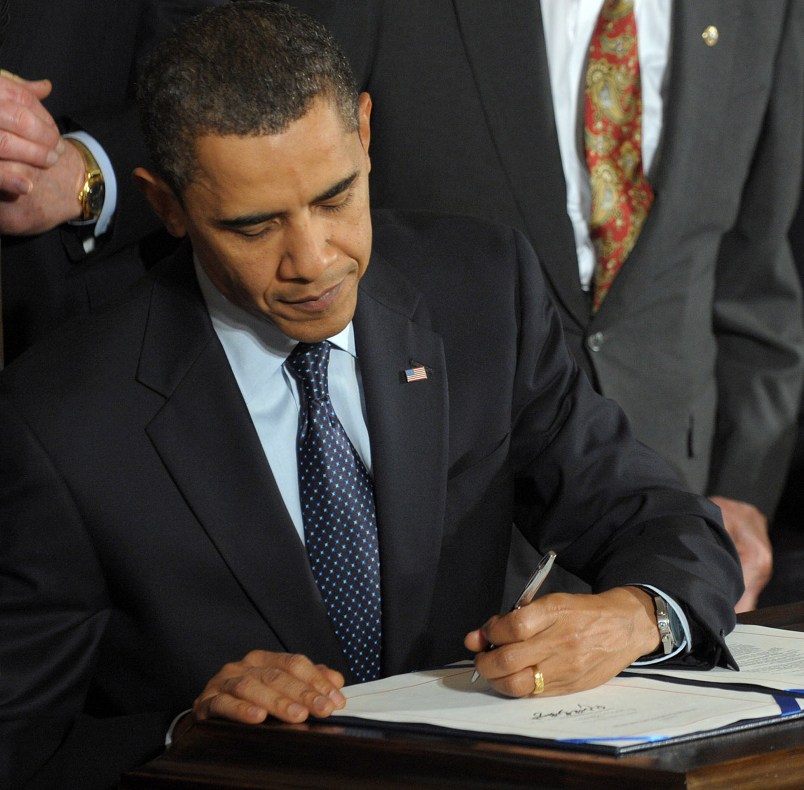The drumbeat started early in the process – no matter what the final health care bill looks like when it reaches President Obama’s desk, it will do more for Americans than ever before.
The Democratic refrain – popping up in Obama’s speeches, the interest group message machine and in talks with top Congressional leaders – is especially a signal to those complaining the current legislation isn’t good enough.
It’s also an important prism through which to view the developments as lawmakers (such as Sens. Olympia Snowe, Ben Nelson and Joe Lieberman) say they will or won’t support parts of the deal.
Leadership and the White House want a bill, and the message machine will be cranking up into high gear to push the historic nature of the legislation’s basics.
White House Press Secretary Robert Gibbs, for example, falls back on the explanation every time he’s asked about individual concessions Democrats are making during the negotiating process.
Gibbs – and Peter Orszag, and Nancy-Ann DeParle, and on – tell reporters and voters to “keep in mind” that once the legislation is passed more than 30 million people who never had health care will have it. Besides that, people who can’t afford it will get subsidies, insurers will be banned from discriminating based on preexisting conditions and the insured can take their coverage with them if they change or lose their job.
That’s a big deal which Democrats increasingly think the press and the most vocal critics are ignoring.
Even the most progressive Democrats on the Hill who are frustrated by the chances a “robust” public option will make the final measure agree these elements will make millions of lives better. Conservative Democrats privately grumble that liberals who say they won’t vote for a plan unless it’s more progressive are bluffing.
“Keep in mind that for 70 years people have wanted to get health care reform done and in that 70 years we haven’t had a vote on health care reform in the full House or the full Senate,” Gibbs said recently as those milestones seemed within reach.
Congressional leaders stress the big changes in the underlying bill, and relent that if they don’t get their most sweeping plans through this time, they will have something to build upon in future years.
The biggest tell was from Obama himself in October, when he told Democrats that “the bill you least like in Congress right now,” would drastically reform the system.
Obama’s comments speak to the larger way the White House has approached major legislation. He declared the stars were aligned for health care to get done this year on May 13 by outlining broad principles that will hold no matter what passes, then stepped back to allow Congress work out the mechanics. (Though the White House is keeping tabs on every incremental detail.)
When pushed on the choice and competition promise Obama has maintained as he’s accused of backing away from a public option, administration aides say the elements being negotiated would create “more choices” and would lower cost.
Orszag said the public option is too much of a focus in the debate, insisting in a recent briefing with reporters that the final bill is much better than no bill.
“There are more than 30 million who will have health insurance because of this legislation,” Orszag said, adding there are “millions more” who will have higher quality care.
“We are on the verge of a substantial accomplishment,” he said.









